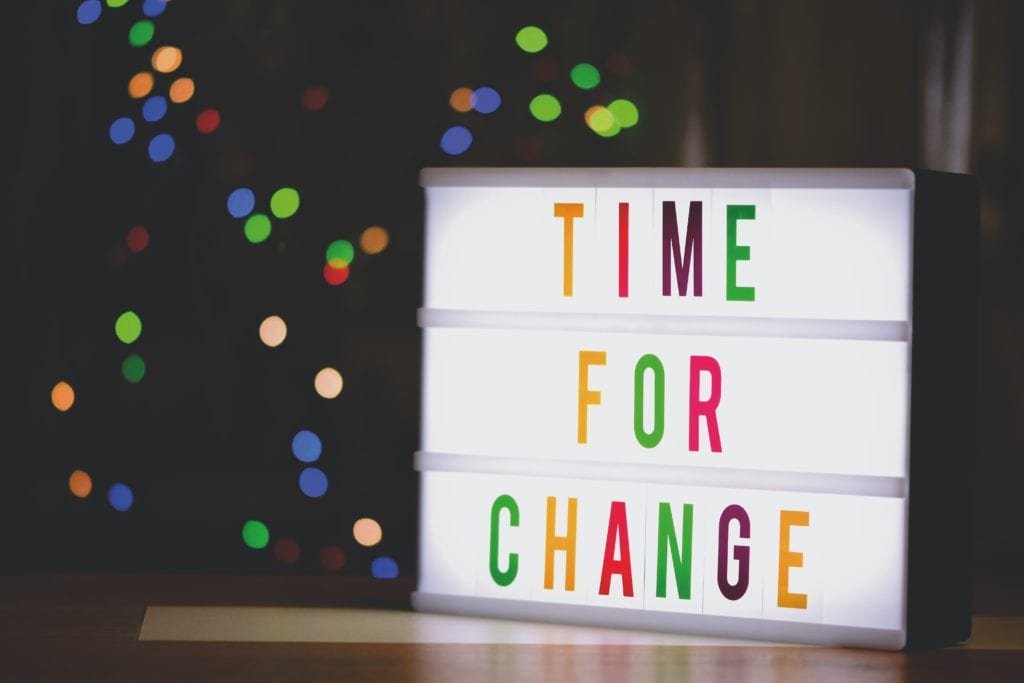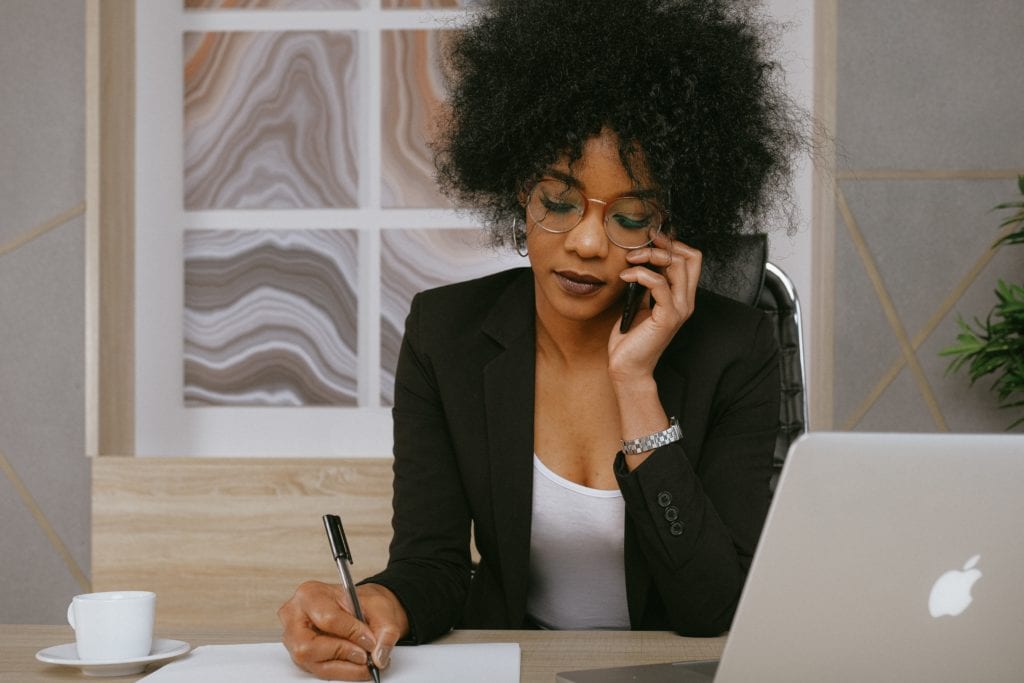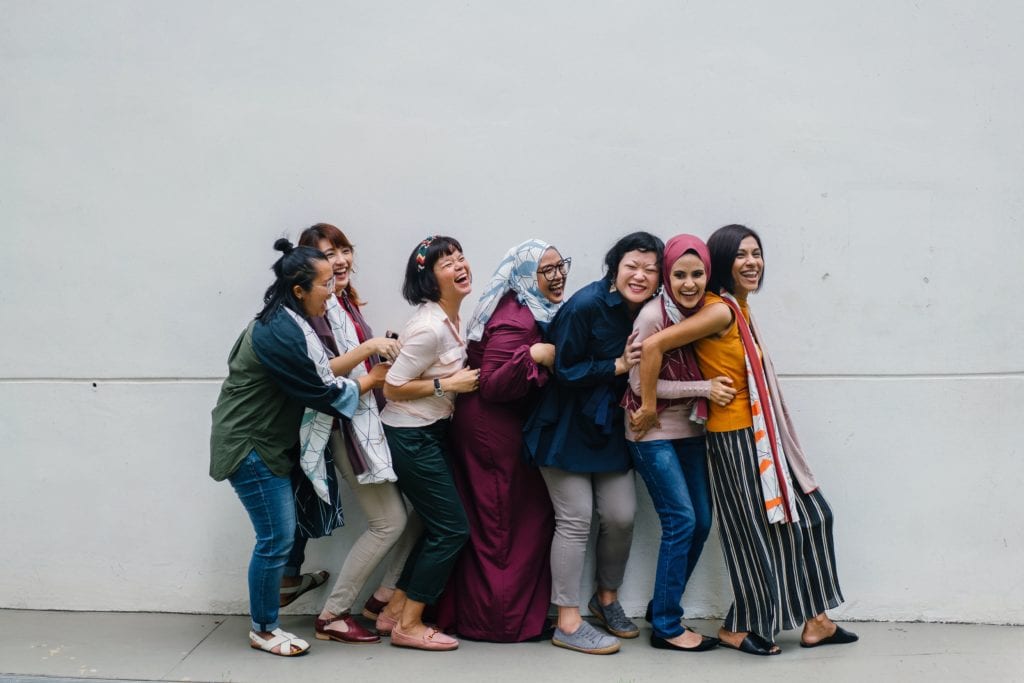Today is International Women’s Day. As stated on the official website, the theme this year is ‘Choose to Challenge’, which seems very fitting after the challenging year the world has faced. The website also mentions how from challenge comes change, which is why we’re writing this blog post. By sharing our own views on the subject, we are hoping to challenge other people’s thought processes and spark change on an individual level. We know we are just a small fish in a much larger conversational pond but if we can challenge just one person’s view and encourage change, then we’ve made a difference. We also hope this inspires you to do the same.

In this article, we take a look at how women’s rights and opportunities have developed over the past hundred years or so, our current position and what we can do to continue to challenge remaining inequalities going forward.
The Development of Women’s Rights and Opportunities
When we consider just how far women’s rights have come in the past one hundred years, it is possible to see a massive shift towards equality. Seeing more women in powerful and influential positions also highlights this gradual change. Below are just a handful of examples of the developments in society that have started to shift the gender bias:
- After gaining the right to vote in 1918, we have since gained seats in Government and have even seen women lead our country as Prime Minister.
- With the sexual discrimination act in 1975, we now see more and more women in the workplace, which extends to STEM roles, where there has been a gradual yearly uptake for women.
- With the rise of social media, we see women celebrated daily for their victories, choosing to embrace and improve on their physical and mental health and building amazing communities of like-minded people.
- Of course, social media is not without its own issues in a social sense but it has acted as a platform for many women to create their own brands and businesses, many of which are hugely successful.

- In entertainment, we regularly see female artists dominating the charts, actors winning prestigious awards, and these people using their influential platforms to speak out about important issues.
We have fought to gain control over our reproductive rights, now with access to appropriate contraception and legalised abortions.
- The #MeToo movement has shed light on sexual assault and harassment and has become a global cause, leading to the changing of laws in a number of countries and justice for many women all over the world.
- Note: We know this is nowhere near the extent of it and there are many more developments but we wanted to share a general overview in this article.
Continuing to Challenge
There are so many advances that have been made to get us to the point we are at today but we still have a long way to go. There are a number of issues women still face on a daily basis, including but by no means limited to:
- Gender pay gap – Among full-time workers in 2019, the UK gender pay gap sat at 8.9%, meaning women take home roughly just 91% compared with their male colleagues. The introduction of the Equality Act means that companies with 250+ staff must report their gender pay gap information to help identify issues to be addressed but this does not ensure equality. Companies must take responsibility and ensure they do not fuel this issue.
- Lack of female leadership – Whilst we are seeing improvements in female leadership, there is a distinct lack of women in senior leadership roles. In October 2019, just 8 women held CEO positions in FTSE 250 companies.
- Sexual assault – Despite raising awareness of the issue and sparking change, the #MeToo movement highlights the scale of assault. What’s more, there is also a lack of belief in women reporting sexual assault cases which can stop people coming forward and allow cases to diminish without justice being served.
- Societal views – Something that can start with change on an individual level. How we perceive, talk about and celebrate women in or daily lives will lead to a larger change that will positively affect equality going forward.
- We also need to be mindful of other areas of equality concerning individuals from all walks of life, irrespective of gender, ethnicity, sexuality, religion or ability.

So, what more can we do? Stay informed, stay educated and continue to challenge the inequalities you face or notice in your daily life. Not doing anything is a choice too.
Choose a better future for women, choose to challenge. #ChooseToChallenge #IWD2021
 01392 914033
Offices are currently closed
01392 914033
Offices are currently closed


